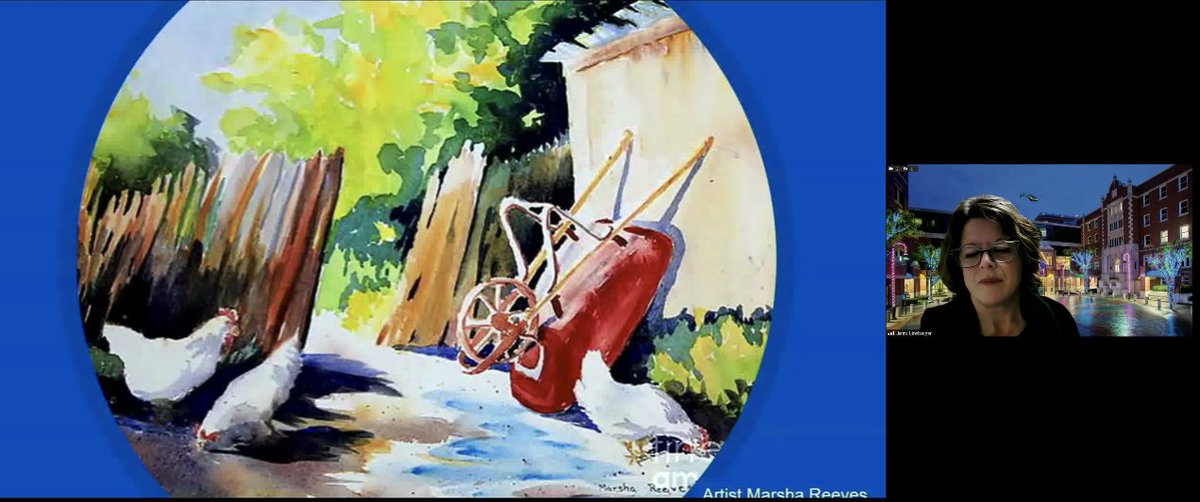
Speaking of @PalliativeQual - do you do palliative care?
Do you follow the Palliative Care Quality Collaborative? No time like the present! Twitter is still here!
Do you follow the Palliative Care Quality Collaborative? No time like the present! Twitter is still here!
@arifkamalmd on palliative care as a field: "We're kinda badass!"
Wish I felt this way more often! Always good to be reminded! #hapc #pedpc
Wish I felt this way more often! Always good to be reminded! #hapc #pedpc
"Palliative care is the field that embodies the quote 'people won't remember what you say, or what you do, but they will remember how you made them feel'". #hapc #pedpc
@arifkamalmd #QMC2022 @PalliativeQual
@arifkamalmd #QMC2022 @PalliativeQual
Arif made me laugh out loud!
He knows he should floss. (evidence based)
Getting him to floss is a different thing. (#QI)
I also hate flossing. I'm sorry, dentists.
#QMC2022 #hapc #pedpc @PalliativeQual @arifkamalmd
He knows he should floss. (evidence based)
Getting him to floss is a different thing. (#QI)
I also hate flossing. I'm sorry, dentists.
#QMC2022 #hapc #pedpc @PalliativeQual @arifkamalmd

"QI is counter culture because it often involves changing things that are baked in...you are taking things that are well baked and trying to break them. To disrupt without being disruptive."
Reminds me of palliative care.
#hapc #pedpc #QI #QMC2022 @arifkamalmd @PalliativeQual
Reminds me of palliative care.
#hapc #pedpc #QI #QMC2022 @arifkamalmd @PalliativeQual
@threadreaderapp unroll
• • •
Missing some Tweet in this thread? You can try to
force a refresh








